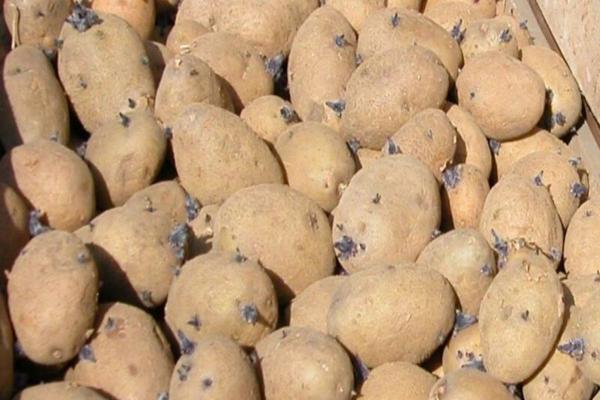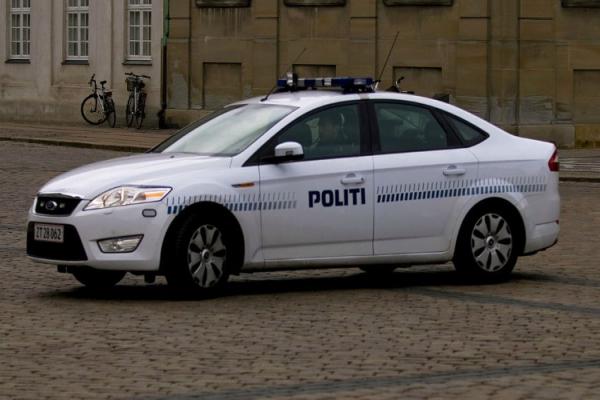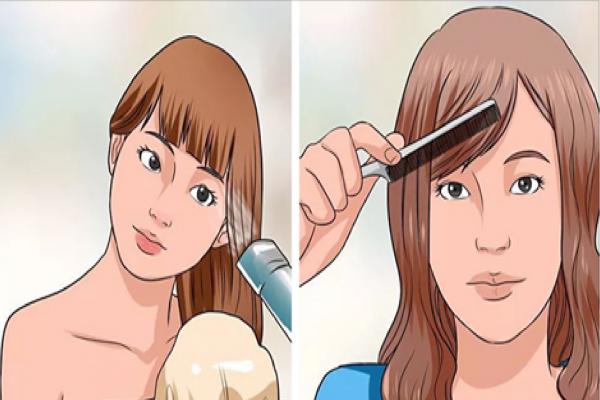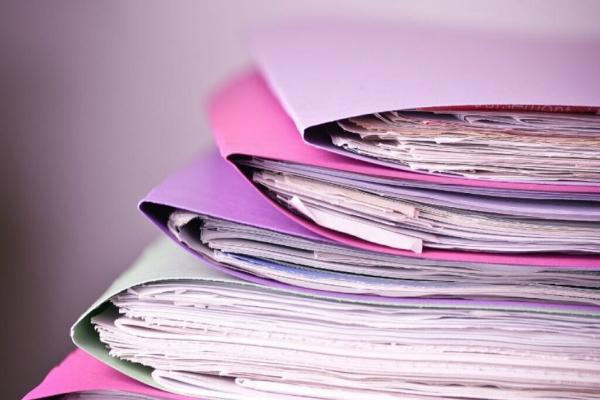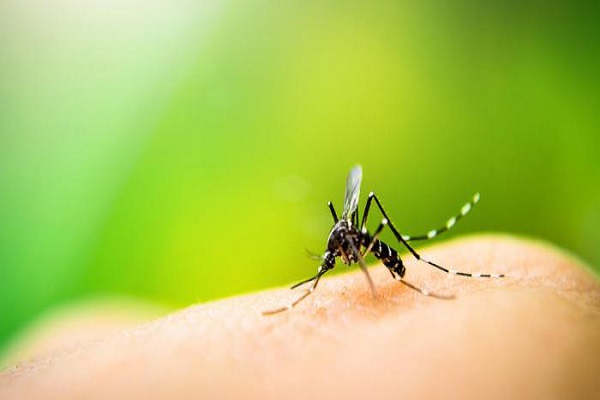32 Tips to Save Energy and Money
1. Avoid drafts in winter. Because the more air circulates in the house, the more it increases the feeling of cold. Result, it makes you want to put the heating stronger.
2. Air out your damp rooms. For example, when you have taken a shower or cooked with boiling water. As dry air is easier to heat, less energy is used.
3. To renew the air , ventilate your home twice for 10 to 20 minutes a day. Avoid drafts, which make you feel cold. Also, don't leave your windows in between open all day, because that's where your heating and savings will go.
4. Close the shutters every evening . Even if you have double glazing, this additional precaution will save you money.
5. Remember to check your window seals if necessary . Windows that let air through will also allow warm air to pass to the outside.
6. If your windows do not have double glazing, you can put plastic film on your windows .
6. Remove dust from your radiators . You will get the most out of the heat they produce and save real money.
A. Reduce your heating needs
7. Place a reflective plate or sheet behind the radiator . Especially if your walls are poorly insulated. For example, put a sheet of aluminum foil that will reflect the heat back into your room.
9. Heat mainly the bottom of the house . If your living rooms are downstairs and your bedrooms upstairs, heat the downstairs of the house because the hot air rises anyway and your rooms will always be a little heated.
10. Watch out for the temperature . In a house, 19 ° during the day is enough. 17 ° at night and 16 ° or less when you are not around.
11. Close the rooms where you go less often . These rooms are less heated, so keep them closed so as not to allow colder air to pass through.
12. When you go away for several days, there is no need to heat the house. The frost-free position is ideal for saving money. In addition, if your heating allows it, program a rise in temperature before your return.
13. It is necessary to have your boiler serviced once a year. Often this expense saves big money by improving the efficiency of your boiler.
14. Remember to close the fireplace well when there is no fire. The ventilation hatch lets in cold air. Also remember to use dry wood.
15. Prefer the cold water position from the tap . For hand washing, for example. Because the water doesn't have time to heat up anyway.
16. Adjust your water heater . A temperature between 55 and 60 ° is more than sufficient. Going above is quite useless when you know how much it consumes.
B. Use less hot water
17. Take showers, not baths . Here again, you will save a lot of energy. Use a timer that you set to 5 minutes before you shower for even more savings.
18. Use a economical shower head . If it takes 10 seconds for your shower to fill a 2L container, it means it's consuming too much. Change your pommel.
19. Put eco foamers on all your taps. This is an easy article to find.
20. Watch out for the flush . Use a dual-flow flush or put something in the water tank, for example, a bottle filled with water, which will take up volume and therefore reduce the amount of water you use.
21. Turn off your water heater when you are away for a few days. There is no point in having a water heater that goes on every day in our absence.
22. Watch out for possible water leaks and fix them as soon as possible.
C. Save energy while cooking
23. Cover your pots with lids. The water will boil faster and you will save a lot of gas.
24. Defrost food in the fridge rather than outside. Most importantly, try to avoid the microwave to defrost.
25. On the other hand, when it comes to reheating, it is better to use the microwave than the traditional oven.
26. Make constant small savings with your plates and your oven by turning them off a few minutes before the end of cooking your dishes.
D. Save electrical energy
27. If you still have them, avoid halogen bulbs . Low consumption ones are much more economical.
28. If you have a lot of electrical appliances plugged into the same power strip, consider having a switch .
29. Wash your laundry by choosing short programs between 30 and 40 minutes and prefer low temperatures.
30. It is better to avoid quick washings . Whether your washing machine or dishwasher has eco programs. or intensives do not change significantly, they consume a lot, especially if this increases the number of washes.
31. Never use the fast or quick star starter option on your television.
32. Consider turning off the screen of your computer if you are not on it all the time. You don't have to turn off the central tower if you stop for an hour or two, but be sure to put the screen to sleep.
